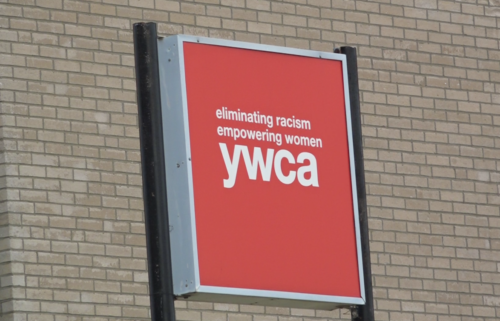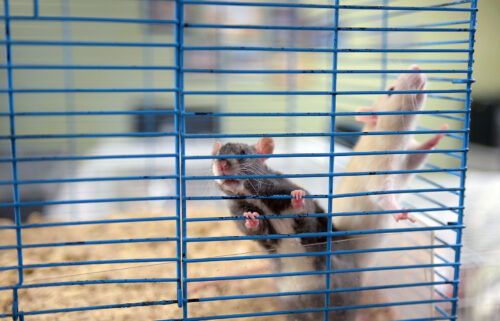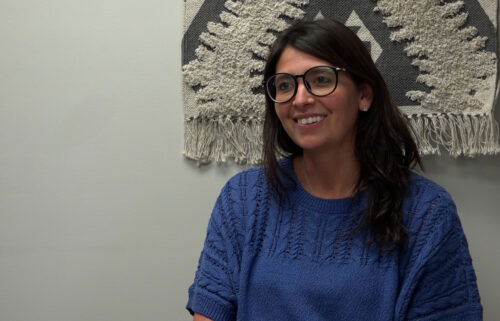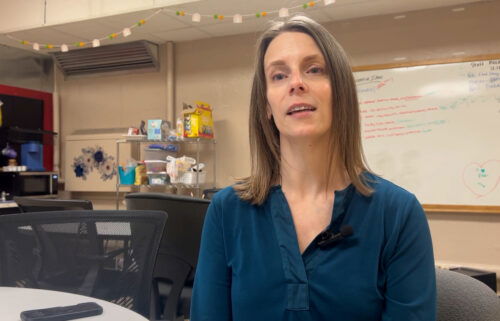Shoveling snow presents increased risks for vulnerable populations
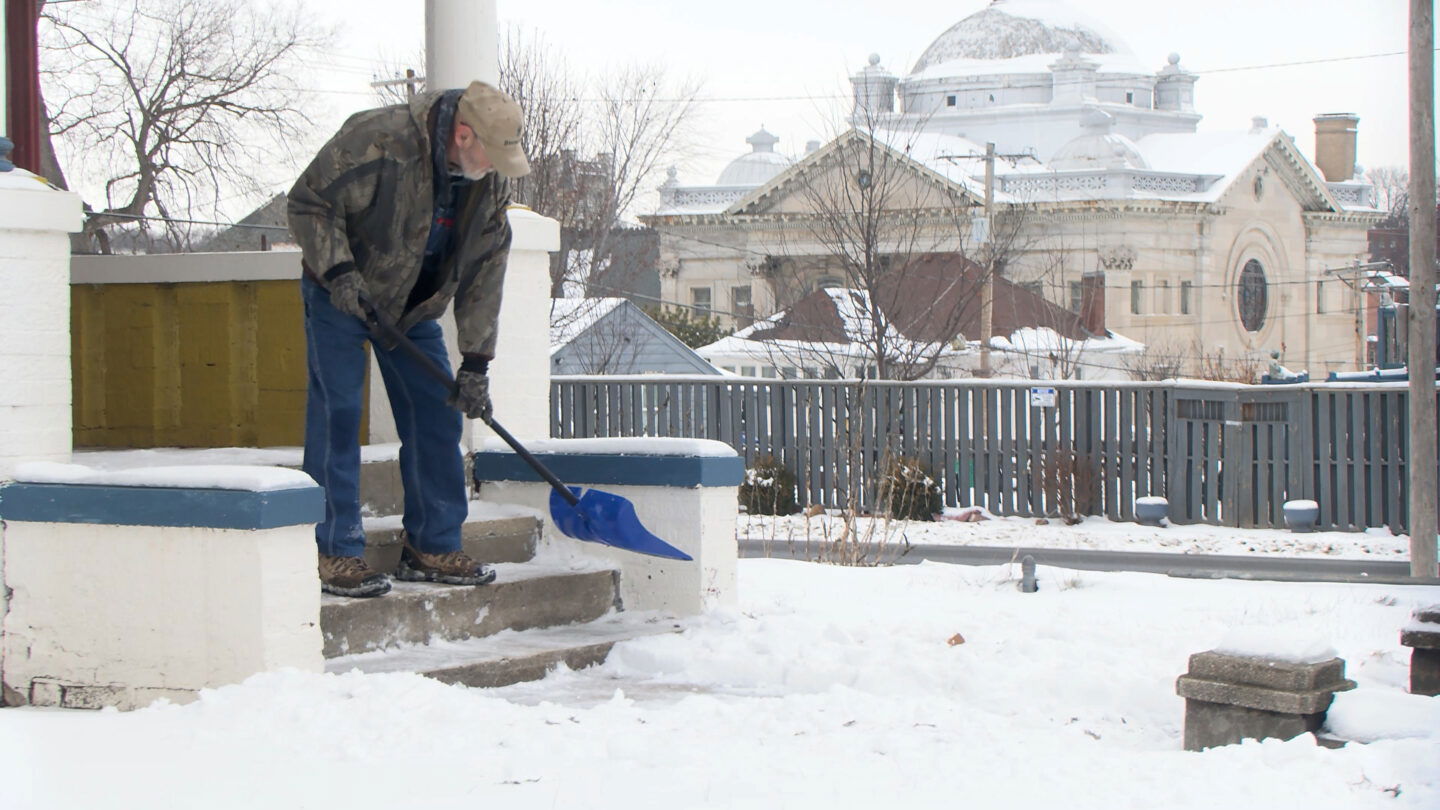
By Chris Fortune
The first instinct for many might be to get out and shovel driveways and sidewalks when snow falls, but the activity can be especially dangerous for people with heart disease and other medical conditions.
The American Heart Association said people may face an increased risk of a heart attack or sudden cardiac arrest after shoveling heavy snow, and the dangers extend to people with and without previously known heart disease.
“It really is an exercise, and people exert a lot of energy when they shovel snow,” said Stephanie Malita, health educator for the City of St. Joseph Health Department. “It puts a strain on your body and your heart. And so we all need to take care when we’re doing strenuous exercise like that that we’re not used to doing.”
Negative wind chills swept through the St. Joseph area following last week’s snowfall, and breathing in the cold air can raise blood pressure by constricting blood vessels. Couple that with the physical exertion of shoveling snow, and it can exacerbate heart issues.
“When you’re out in the cold, that increases your blood pressure — it can increase your heart rate,” she said. “So all of that’s going to impact how your body processes oxygen and blood flow and all of that.”
Malita said shoveling snow can also mean longer exposure to cold temperatures when people attempt to finish shoveling everything without taking a break.
“I know it’s a pain to take all that gear off because you’re all bundled up in your cold weather gear, and the snow boots are heavy and a pain to get on and off,” she said. “But take that break and give your body a chance to recover a little bit, a chance to warm up a little bit, and then get back and finish it.”
Using proper techniques, like pushing snow out of the way instead of repeatedly lifting shovels full of snow, can help avoid strain.
“We do recommend that you shovel periodically,” she said. “Like, we’ve had several different snowfalls, and it’s best to shovel more than once, but to shovel less at a time.”
For those in a vulnerable population, whether it’s related to older age or a medical condition, it’s best to avoid shoveling heavy snow entirely.
“If you have to hire somebody or if you have someone in your family or a neighbor that can help you out, let somebody else do the shoveling unless you’ve gotten clearance from your medical provider,” she said.

